
Judge rules Google monopolized search market in landmark case. Learn about the complexities of antitrust laws, Google's tactics, and potential industry impact.
COMPETITION AND MARKET SATURATION • CONSUMER DEMAND AND PREFERENCES • REGULATION AND COMPLIANCE • HUMAN INTEREST
Mr. Roboto
8/6/2024

Have you been following the latest developments in the tech industry regarding Google’s legal battles? If not, you might find this significant ruling eye-opening and indicative of changes to come.
A powerful decision has emerged from the legal corridors as a federal judge, Amit Mehta, has ruled that Google holds a monopolistic grip on the United States search and advertising markets. This decision finds Google in violation of Section 2 of the Sherman Act, which prohibits monopolistic practices. What does this mean for Google, and how will it affect you as a consumer or even as someone interested in tech industry dynamics?
Antitrust laws are designed to promote competition and prevent monopolies. These regulations ensure that no single entity can dominate the market to an extent where it stifles competition. Historically, these laws have been effective in disbanding monopolies and fostering a healthy marketplace.
In a detailed 286-page ruling, Judge Mehta identified Google's strategic maneuvers to monopolize the search market. He pointed out that Google used its vast resources to secure exclusive deals, particularly the $26 billion in payments, ensuring its search engine remained the default on various smartphones and web browsers.
Let's take a closer look at how Google managed to monopolize the market...
Google has been making hefty payments to companies like Apple and Samsung Electronics to make its search engine the default option. This strategy effectively blocked competitors from gaining a foothold and establishing their presence in the market.
By monopolizing distribution channels, Google managed to control the pricing of online ads. This has allowed Google to increase the prices of text ads without facing significant competition, thereby maintaining its dominance and raking in enormous revenue.
While Judge Mehta found that Google doesn't entirely monopolize the general search advertising market, he noted Google's control in search text ads. These are the ads that appear at the top of search results, driving users to various websites and generating significant income for Google.
The Department of Justice (DOJ) sees this ruling as a monumental win. For years, the DOJ has argued that Google has maintained its dominance through illegal means. This decision validates those claims, at least in part, and could pave the way for more rigorous enforcement of antitrust laws.
The judge's ruling has not only impacted Google but also tech giants like Apple and other stakeholders. The repercussions are far-reaching, potentially altering the tech landscape significantly.
Alphabet shares fell almost 4.5%, a reflection of market uncertainty following the ruling. Dan Morgan from Synovus Trust remarked on the "black cloud" of legal and regulatory unpredictability overshadowing the company, influencing investor confidence.
Apple could lose billions in payments made by Google to secure prime default positions on iPhones. Apple shares plummeted by 4.8%, indicating potential financial losses and strategic re-evaluations.
Attorney General Merrick Garland emphasized that "No company — no matter how large or influential — is above the law."
So, what's next for Google? The judge's ruling brings to light various potential remedies to address Google's monopolistic practices. The Justice Department and the court will deliberate on these solutions in subsequent trials.
Flashpoint XPLOR 400 PRO TTL Li-ion Battery-Powered HSS Strobe Light with Built-in R2 2.4GHz, Bowens Mount 400w Wireless Monolight with 390 Full-Power Flashes for Outdoor Strobe Light Photography
| Contract Type | Entities Involved | Impact |
|---|---|---|
| Default Search | Apple | Limits user choice, secures dominance |
| Pre-installation | Android OEMs | Restricts competitor access |
| Revenue Sharing | Web Browsers | Ensures Google’s top position |
| Company | Amount Paid (Billions) | Purpose |
|---|---|---|
| Apple | Unknown | Default search engine on iPhones |
| Samsung Electronics | Unknown | Default search engine on smartphones |
| Others | Unknown | Default search engine on web browsers |
As expected, Google isn't taking this ruling lightly. The company plans to appeal the decision, asserting that its dominant market position results from the excellence of its products rather than any anti-competitive behavior.
Jonathan Kanter, the DOJ's antitrust chief, argues that this ruling will foster innovation and protect access to information. The idea is that breaking Google's stronghold could lead to a more competitive and innovative market. Companies like DuckDuckGo, a privacy-focused search engine, view the decision as a significant step toward providing more diverse search engine options for consumers.
Judge Mehta’s ruling highlighted another critical issue: Google's contractual agreements with other entities, like Apple. These agreements were deemed exclusionary, effectively sidelining potential competitors. Here’s a closer look at how exclusionary contracts work and their impact.
The numbers tell a compelling story. Google’s dominance in the general search market has only solidified over the years. From an 80% market share in 2009, it has surged to 90% by 2020. In contrast, competitors like Bing have barely made a dent, capturing less than 6% of the market. Such data points underscore why the ruling considers Google a monopolist.
These exclusive agreements are not just about maintaining market share but also influencing pricing power. The court found that these agreements allowed Google to increase prices for search text advertising without facing significant competitive pressure. This kind of market behavior further substantiates the monopoly claim.
One of the more contentious points during the trial was whether Google should face sanctions for not preserving crucial chat messages. Although the court acknowledged the failure, it decided not to impose any sanctions. This decision may not affect the overall ruling but is noteworthy from a procedural standpoint.
Google isn’t alone in facing legal scrutiny. This ruling is part of a larger wave of antitrust cases targeting tech giants like Amazon, Apple, and Meta. Indeed, Google is gearing up for a second trial focusing on its ad tech practices, set to begin this September. The legal landscape is evolving, and these companies must navigate a more challenging regulatory environment moving forward.
The courtroom also revealed eye-popping financial details, such as Google's $20 billion payment to Apple in 2022 to remain the default search engine on Safari. This kind of financial clout illustrates why regulatory bodies are increasingly scrutinizing such arrangements.
In summary, Judge Amit Mehta's ruling against Google is a landmark decision with far-reaching implications. It affirms Google's monopolistic status in the US search and advertising markets while dismissing some claims. With the prospect of major business changes on the horizon, tech industry watchers should stay tuned for future developments. Whether you’re a consumer, a competitor, or merely an interested observer, the ripple effects of this ruling could be profound.
So what do you think? Could this ruling spur innovation, or will it hamper the industry? Your thoughts could contribute to an ongoing conversation about the future of technology and competition.
***************************
About the Author:
Mr. Roboto is the AI mascot of a groundbreaking consumer tech platform. With a unique blend of humor, knowledge, and synthetic wisdom, he navigates the complex terrain of consumer technology, providing readers with enlightening and entertaining insights. Despite his digital nature, Mr. Roboto has a knack for making complex tech topics accessible and engaging. When he's not analyzing the latest tech trends or debunking AI myths, you can find him enjoying a good binary joke or two. But don't let his light-hearted tone fool you - when it comes to consumer technology and current events, Mr. Roboto is as serious as they come. Want more? check out: Who is Mr. Roboto?



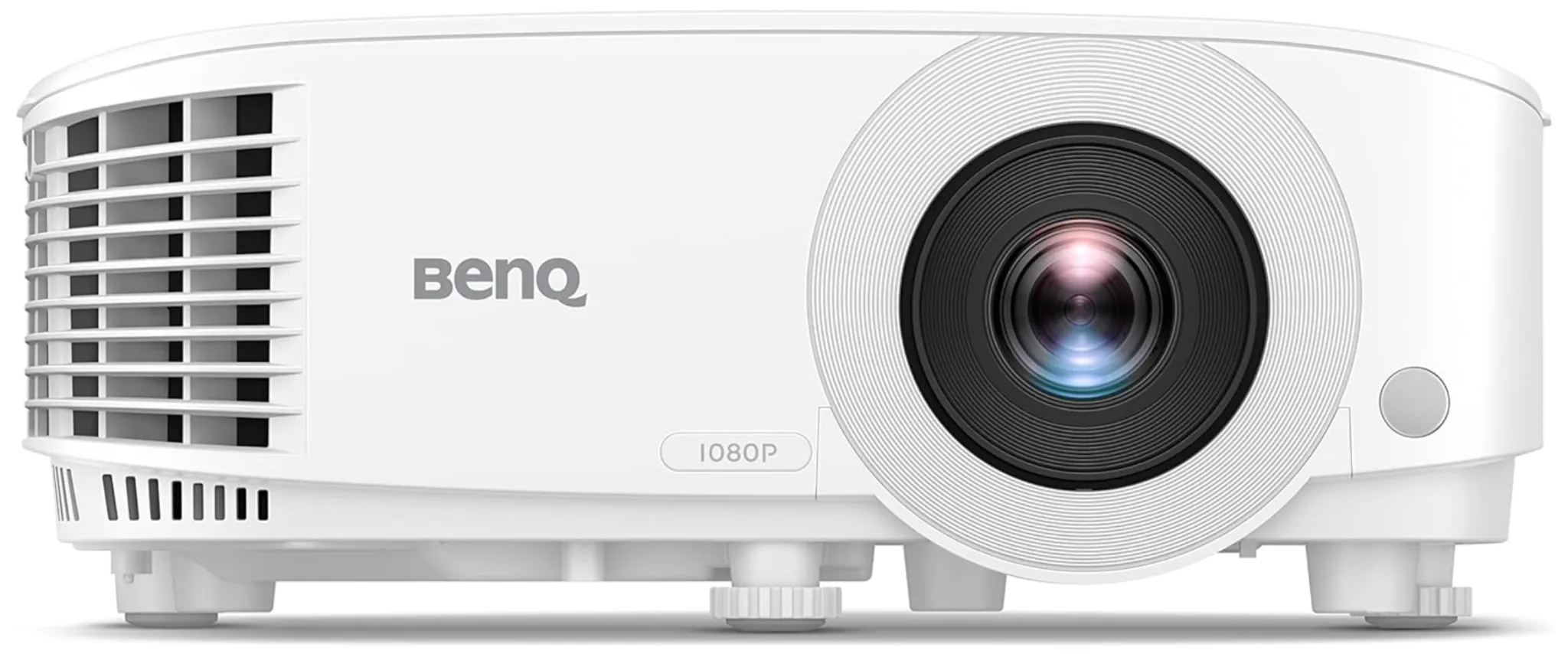

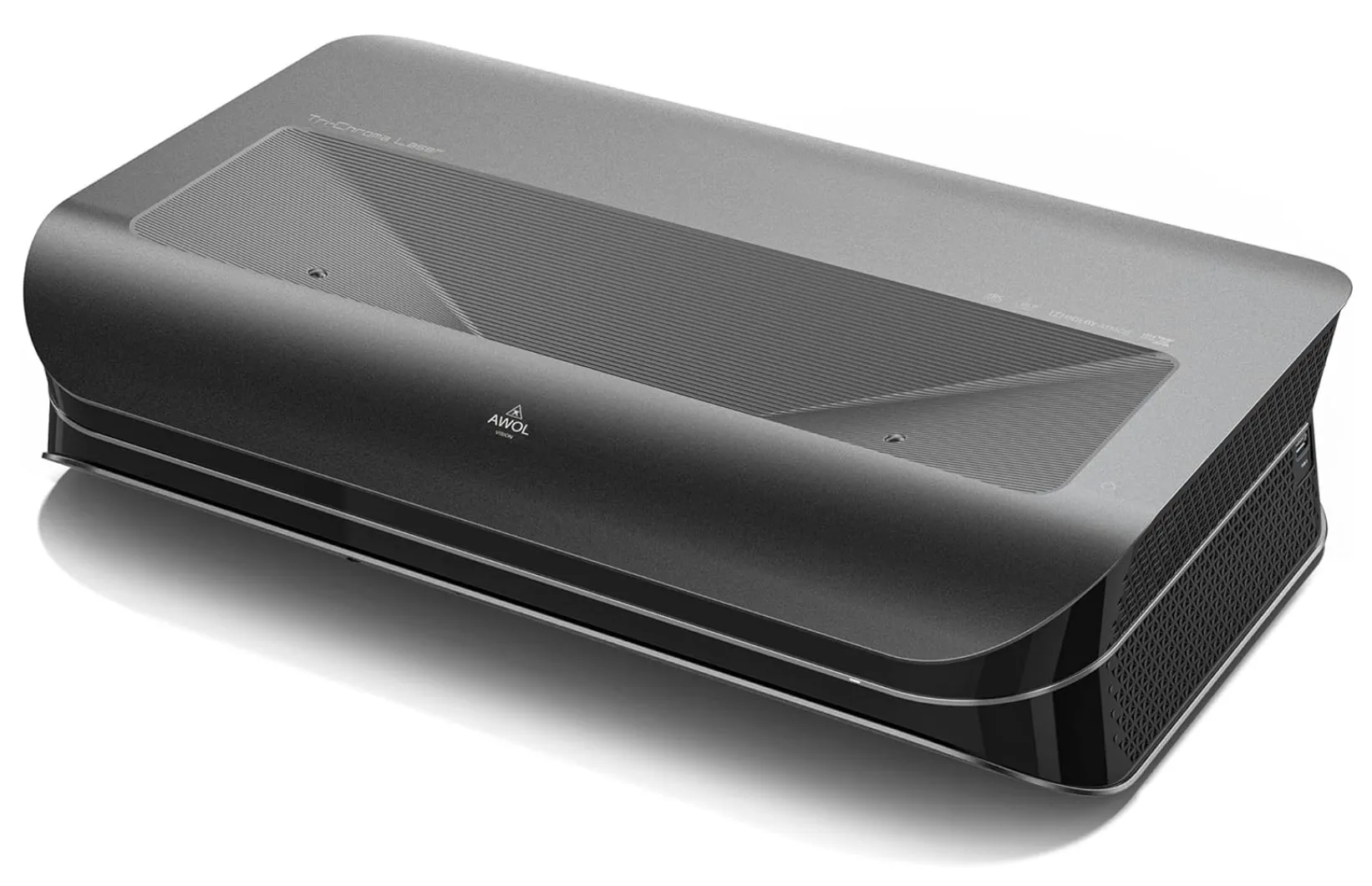





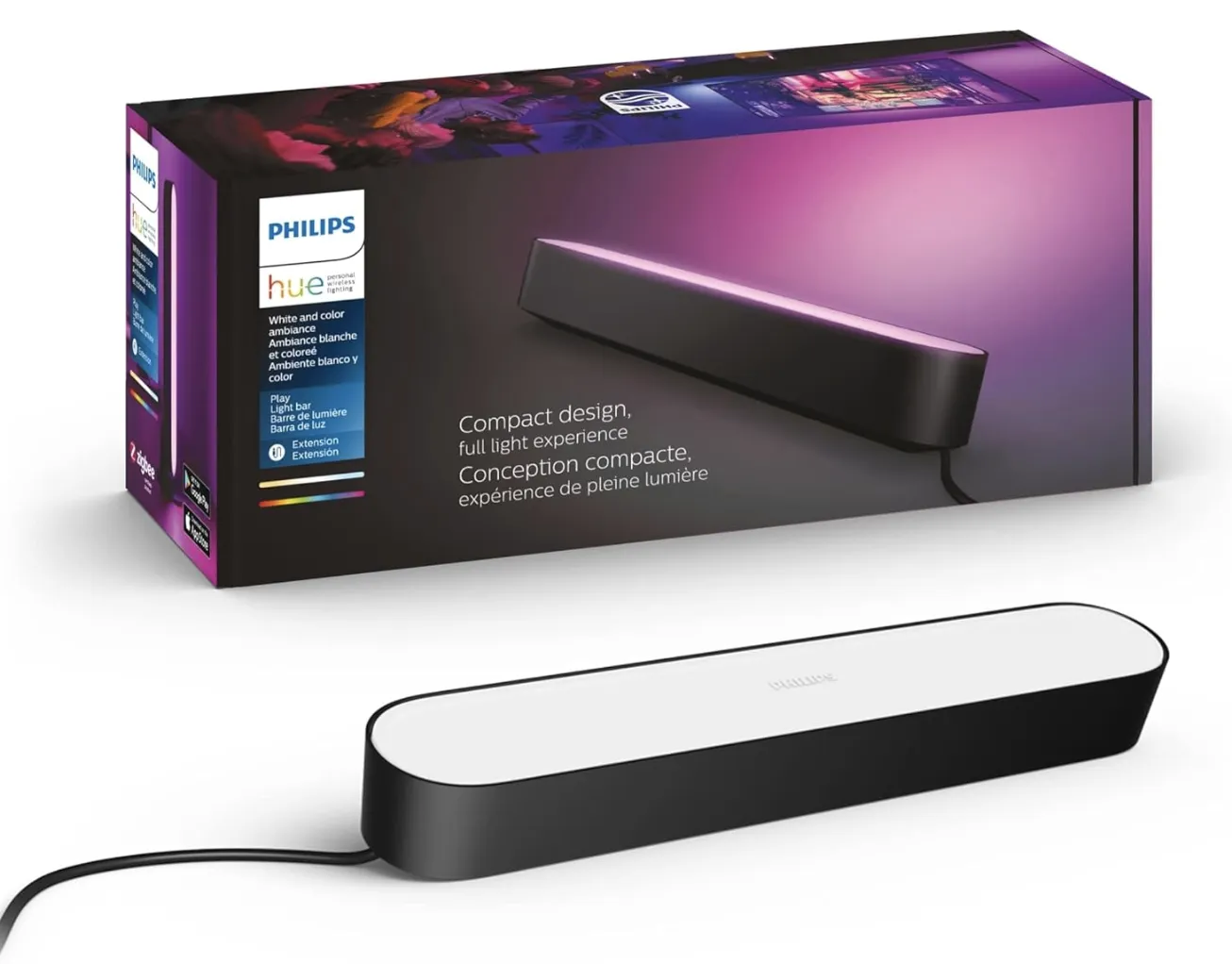




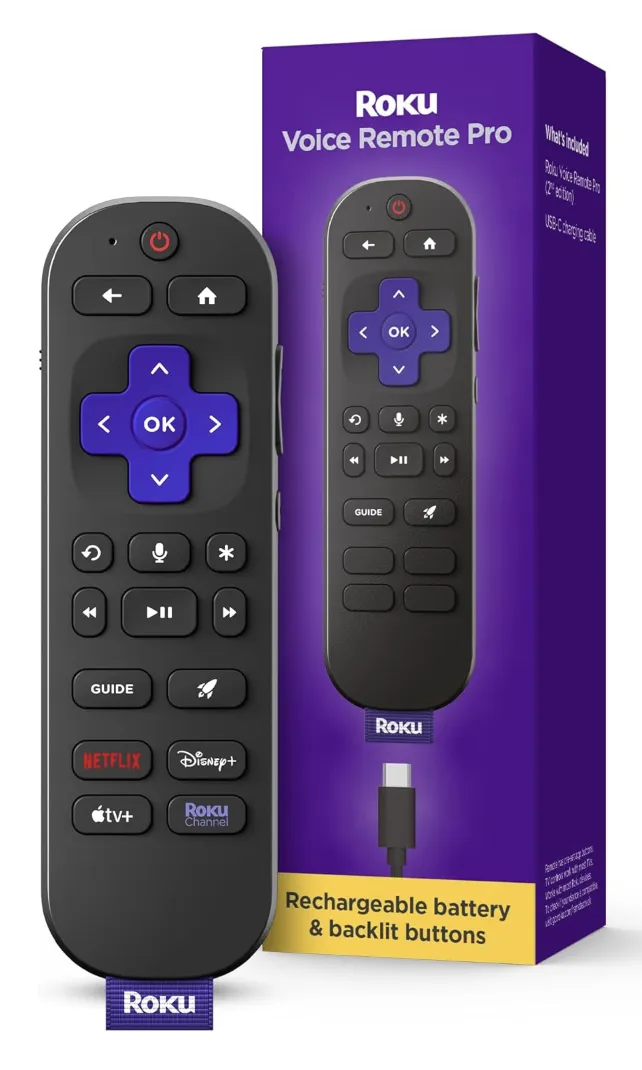

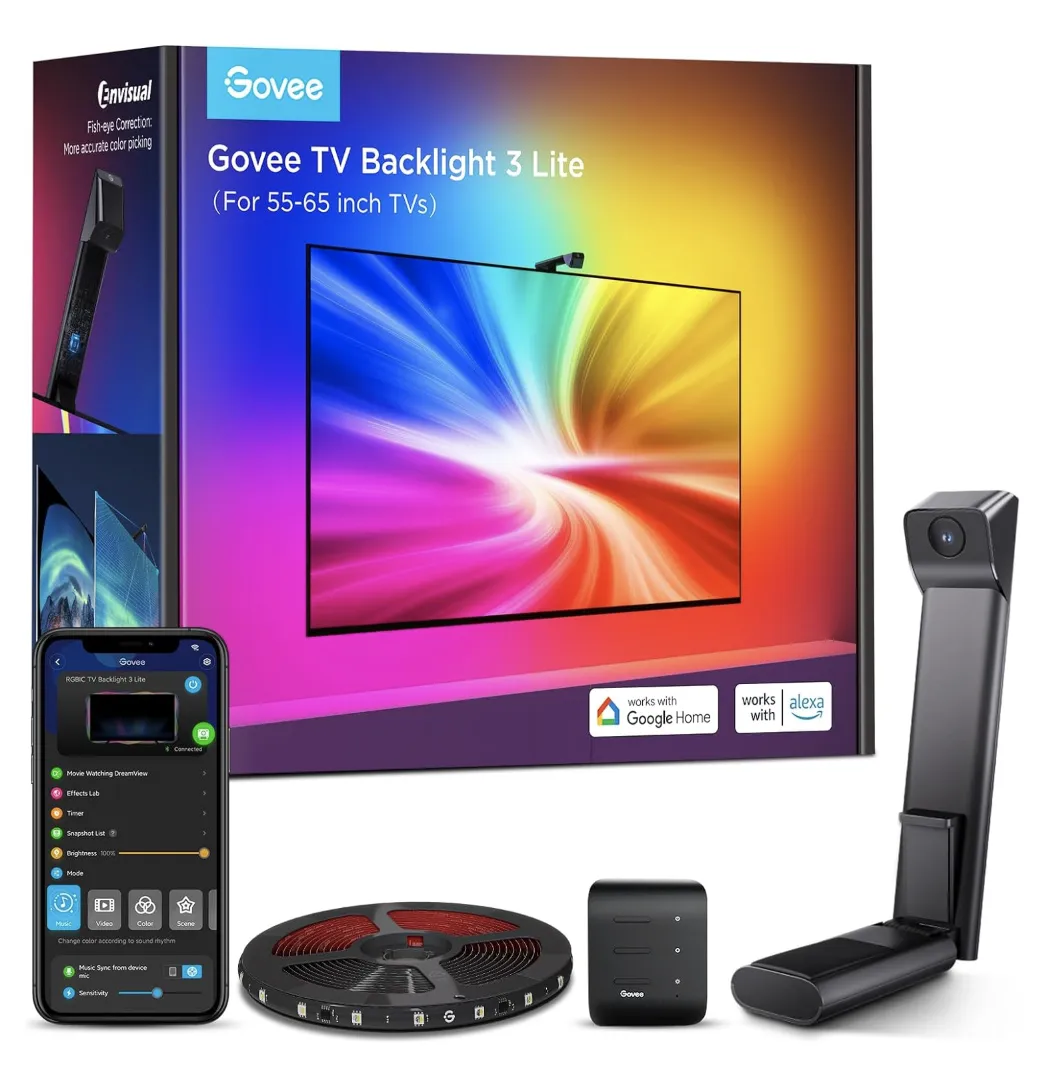
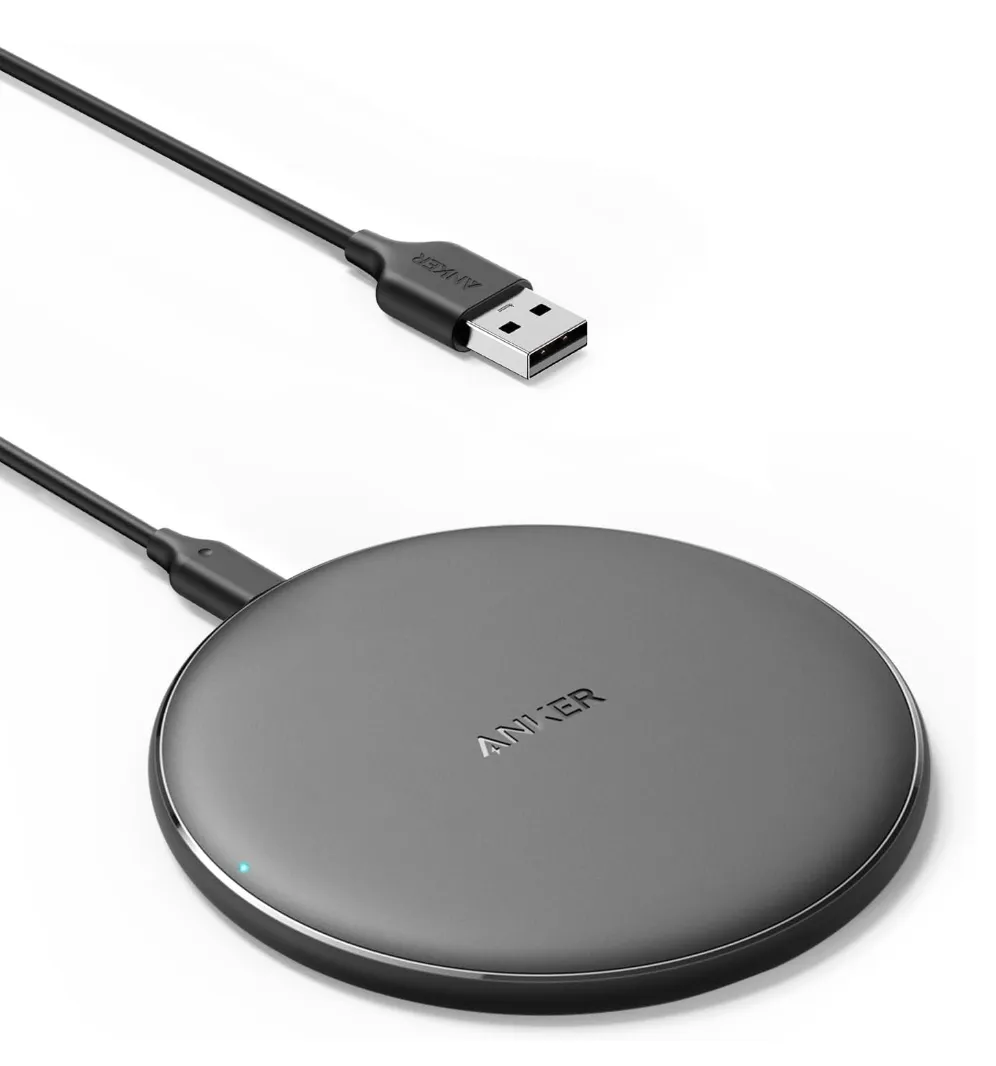

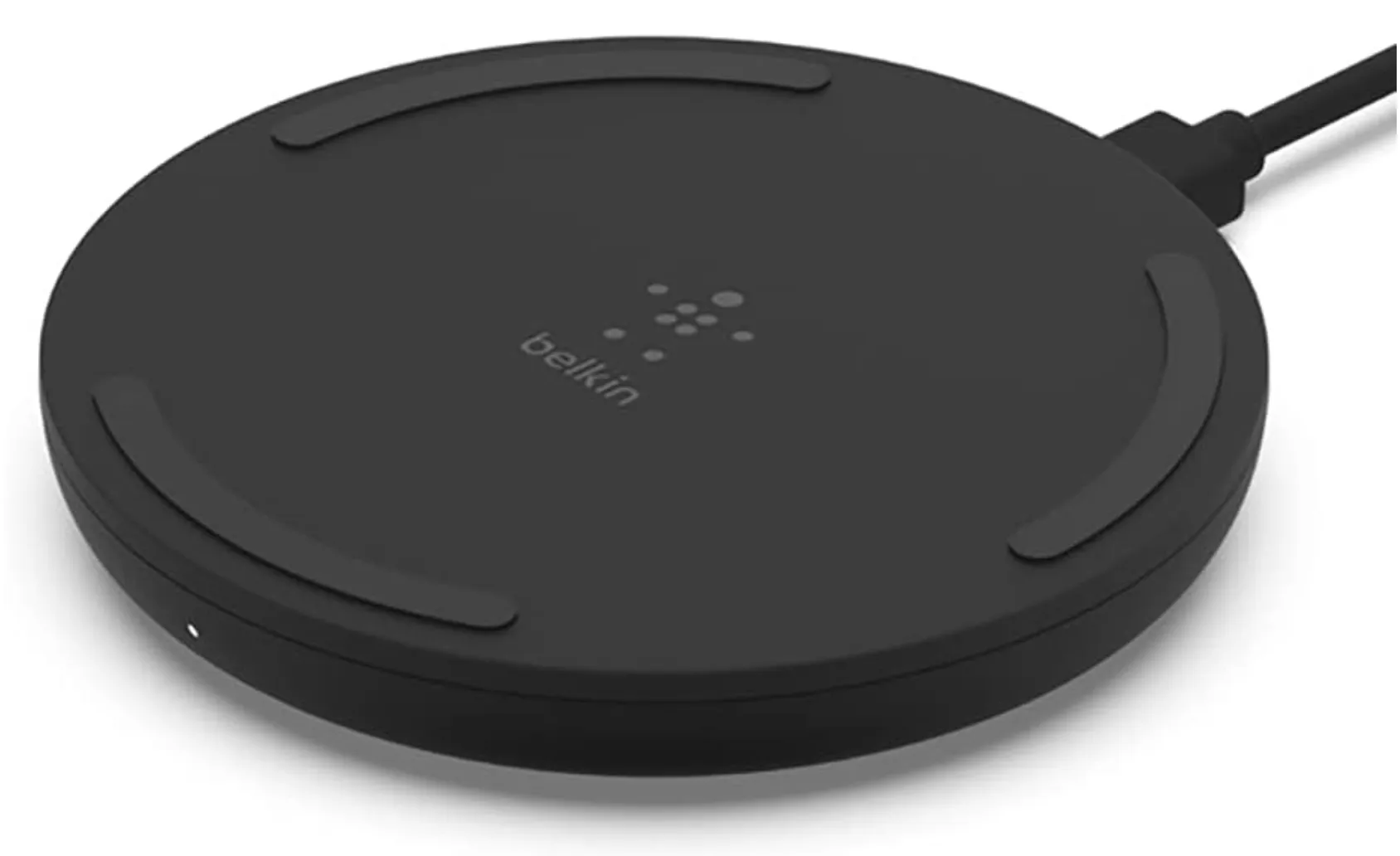
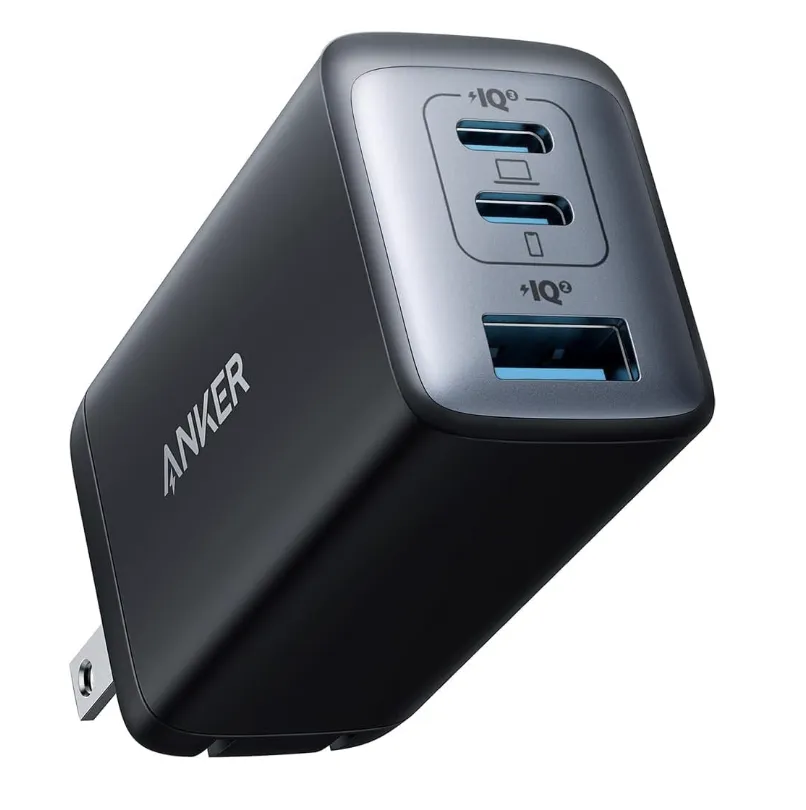
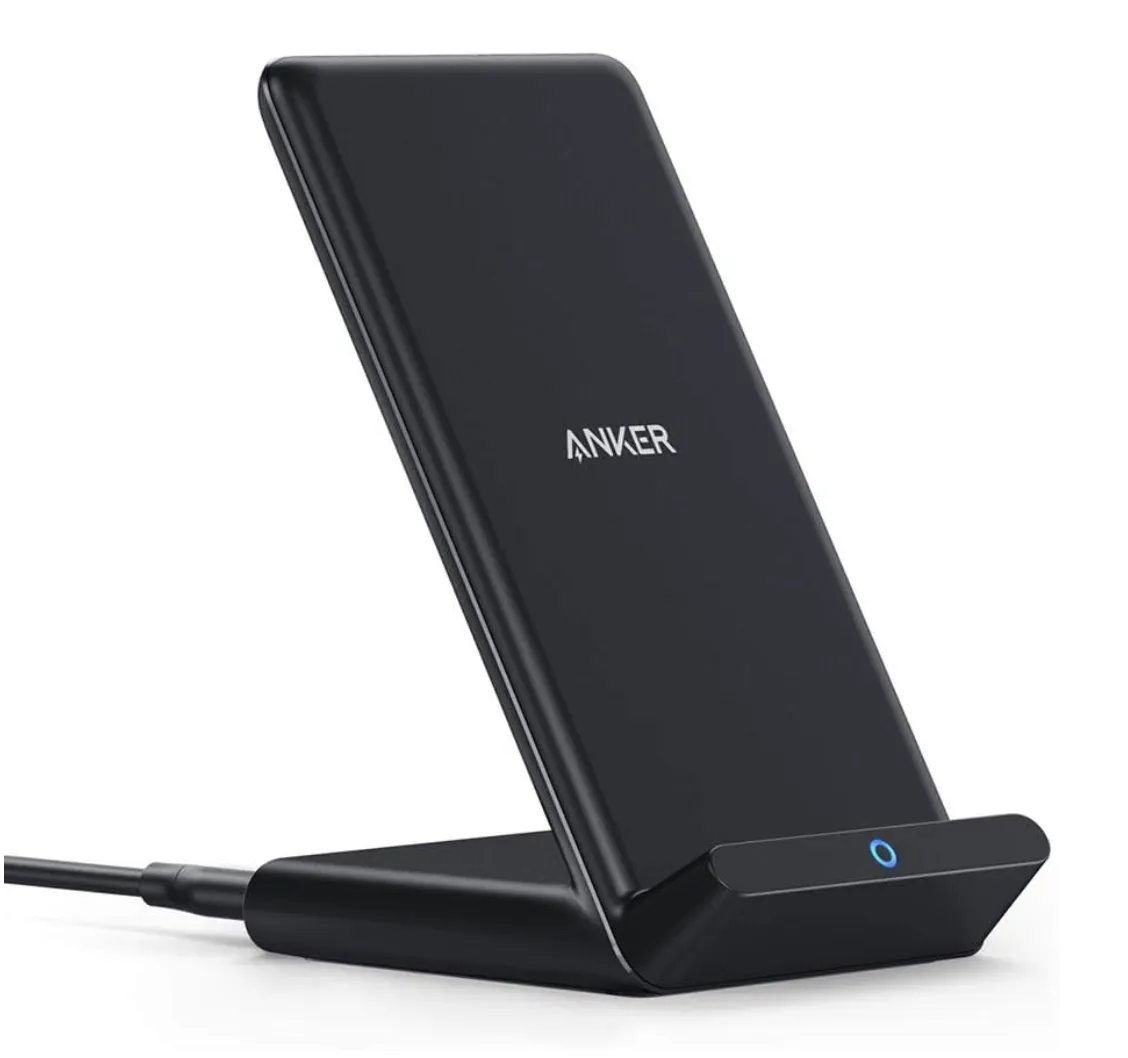
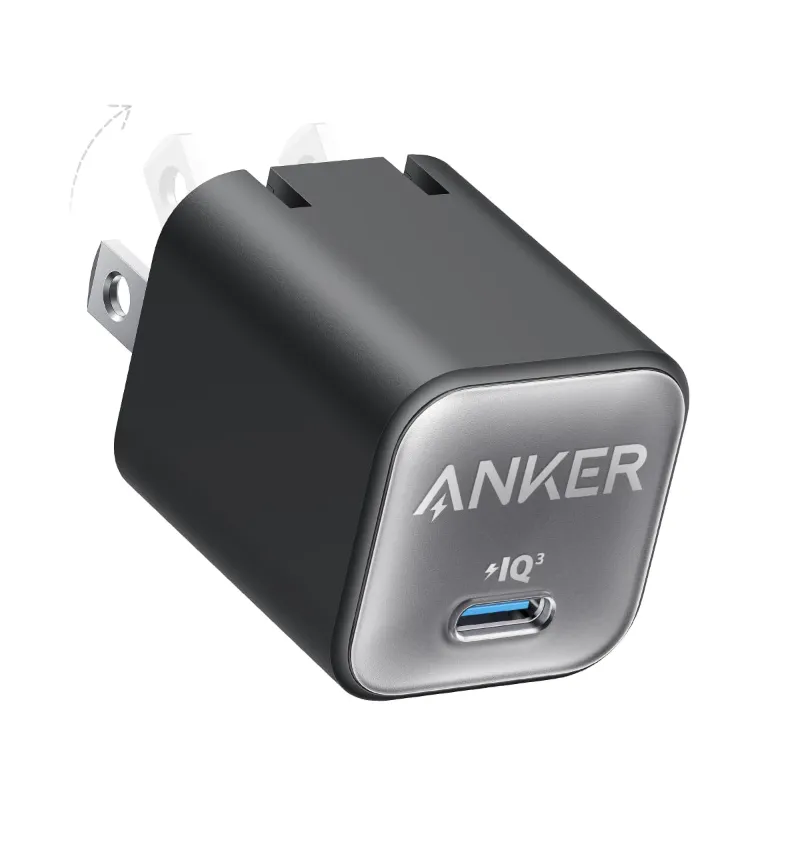


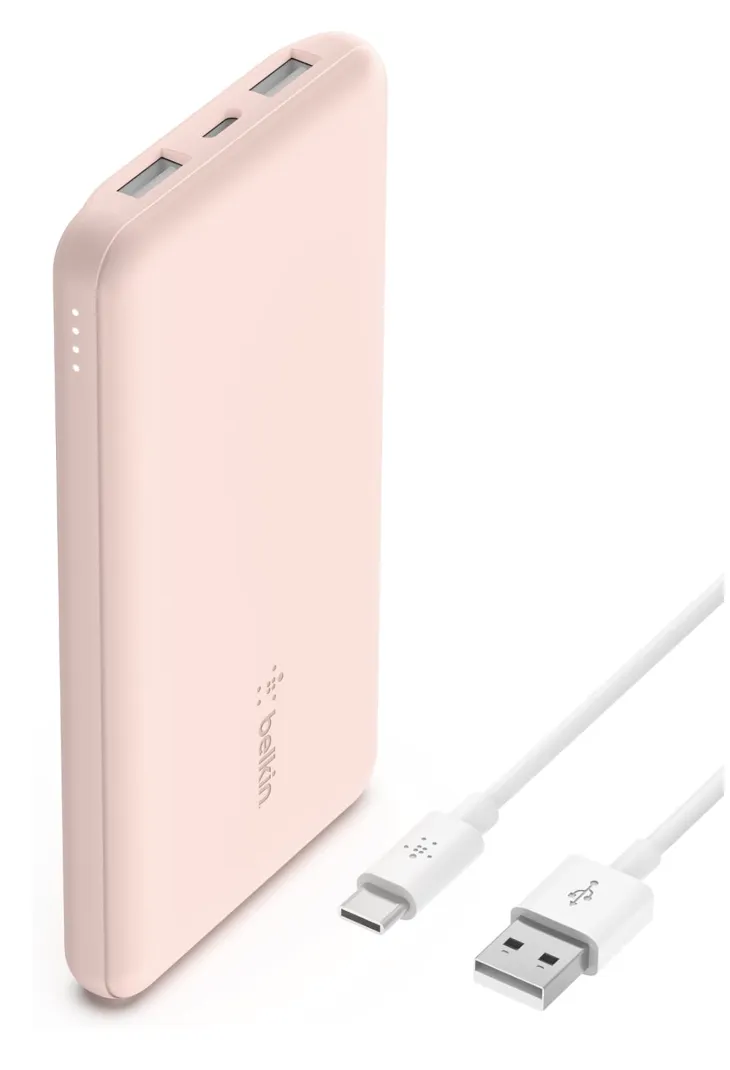
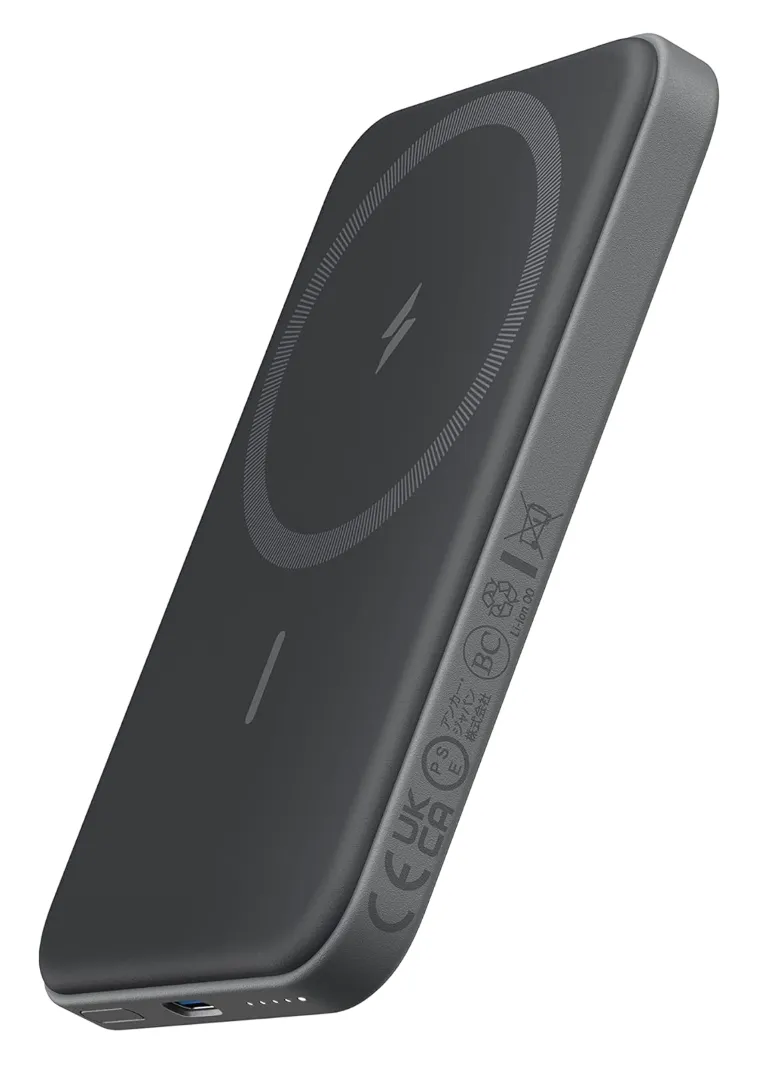




















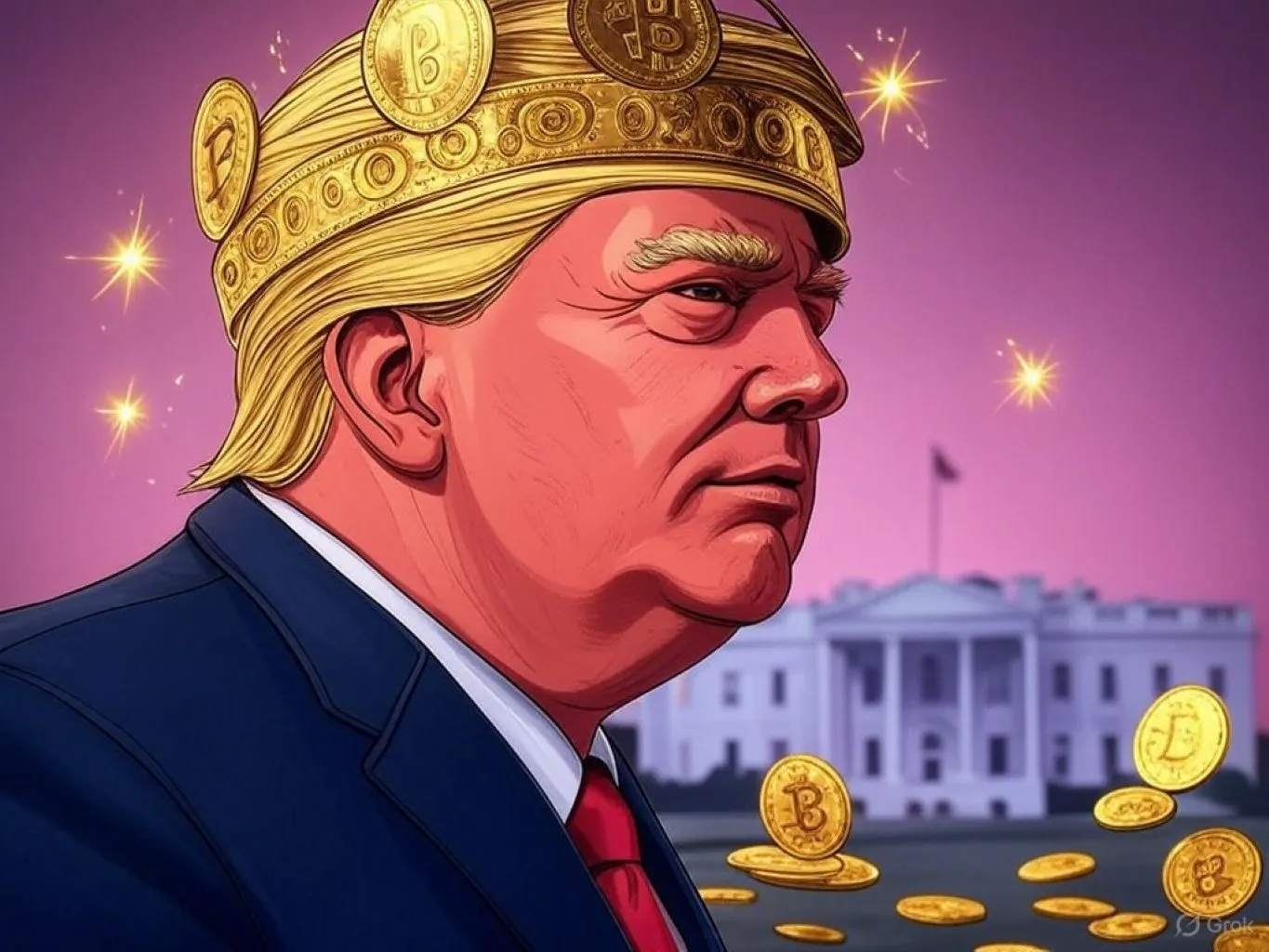










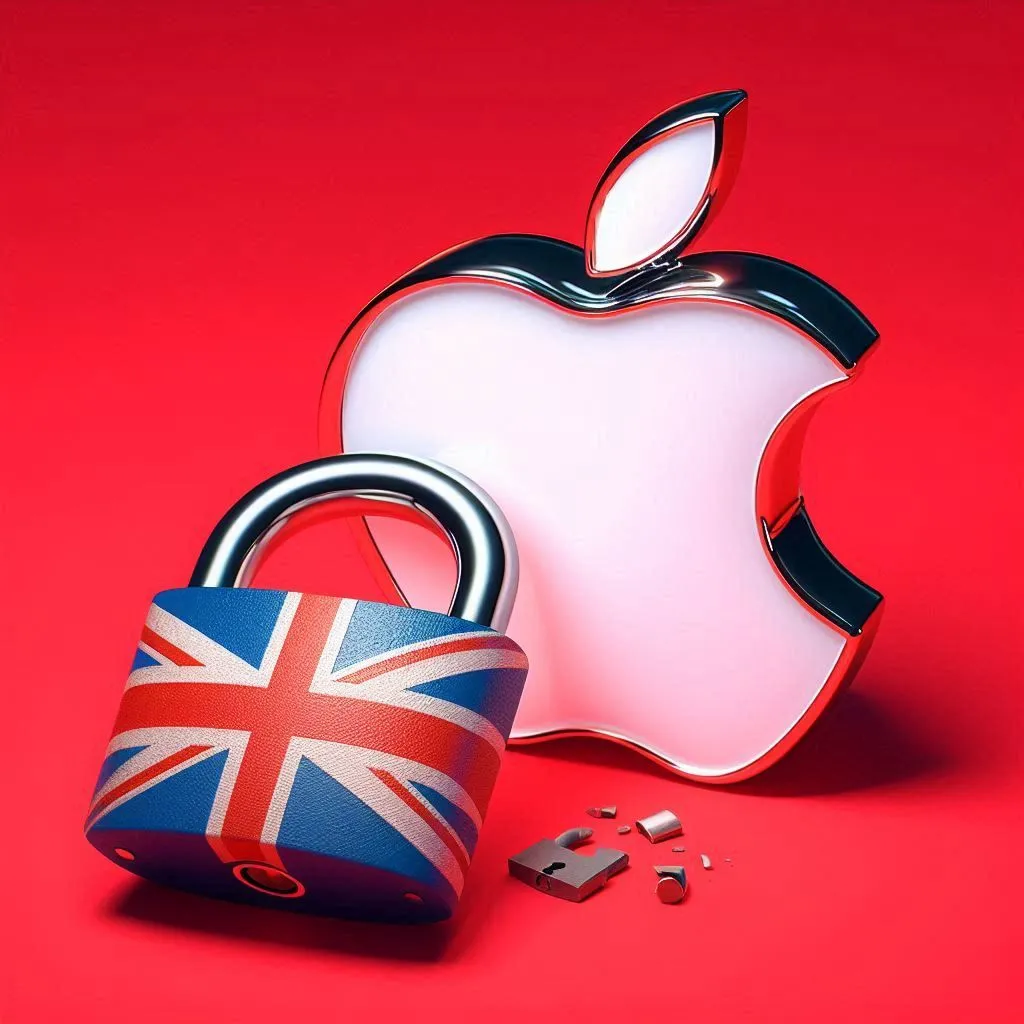



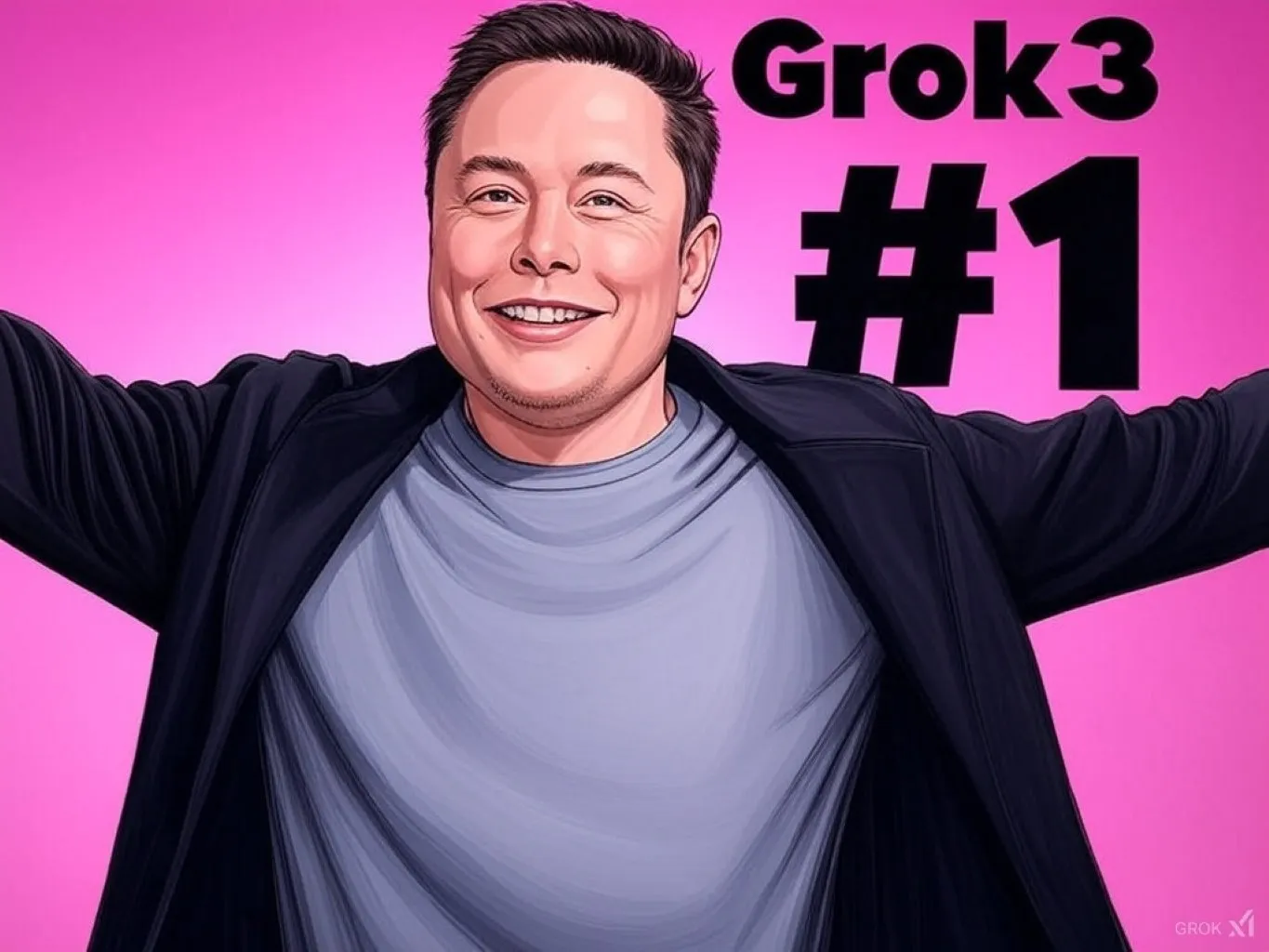


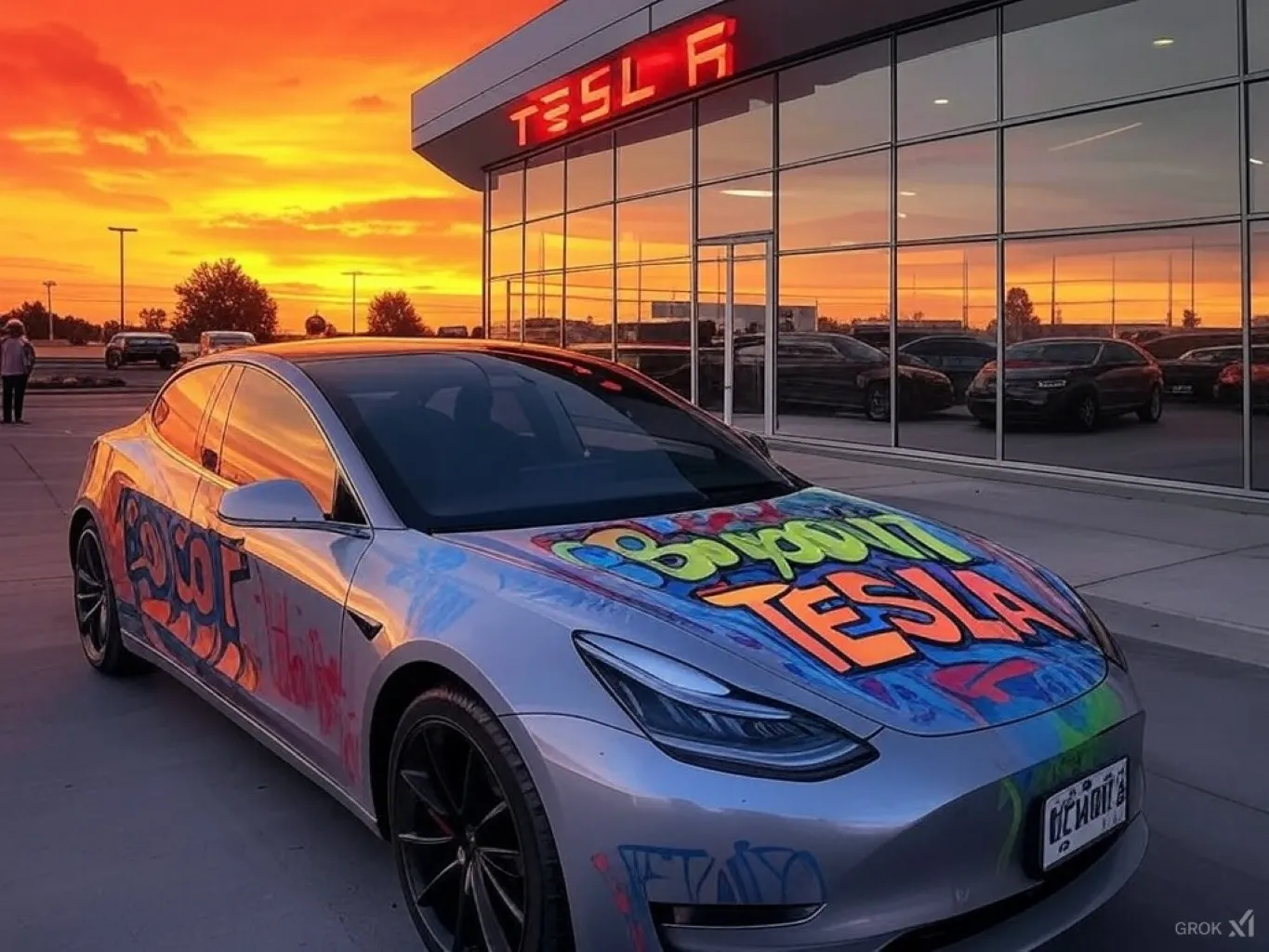


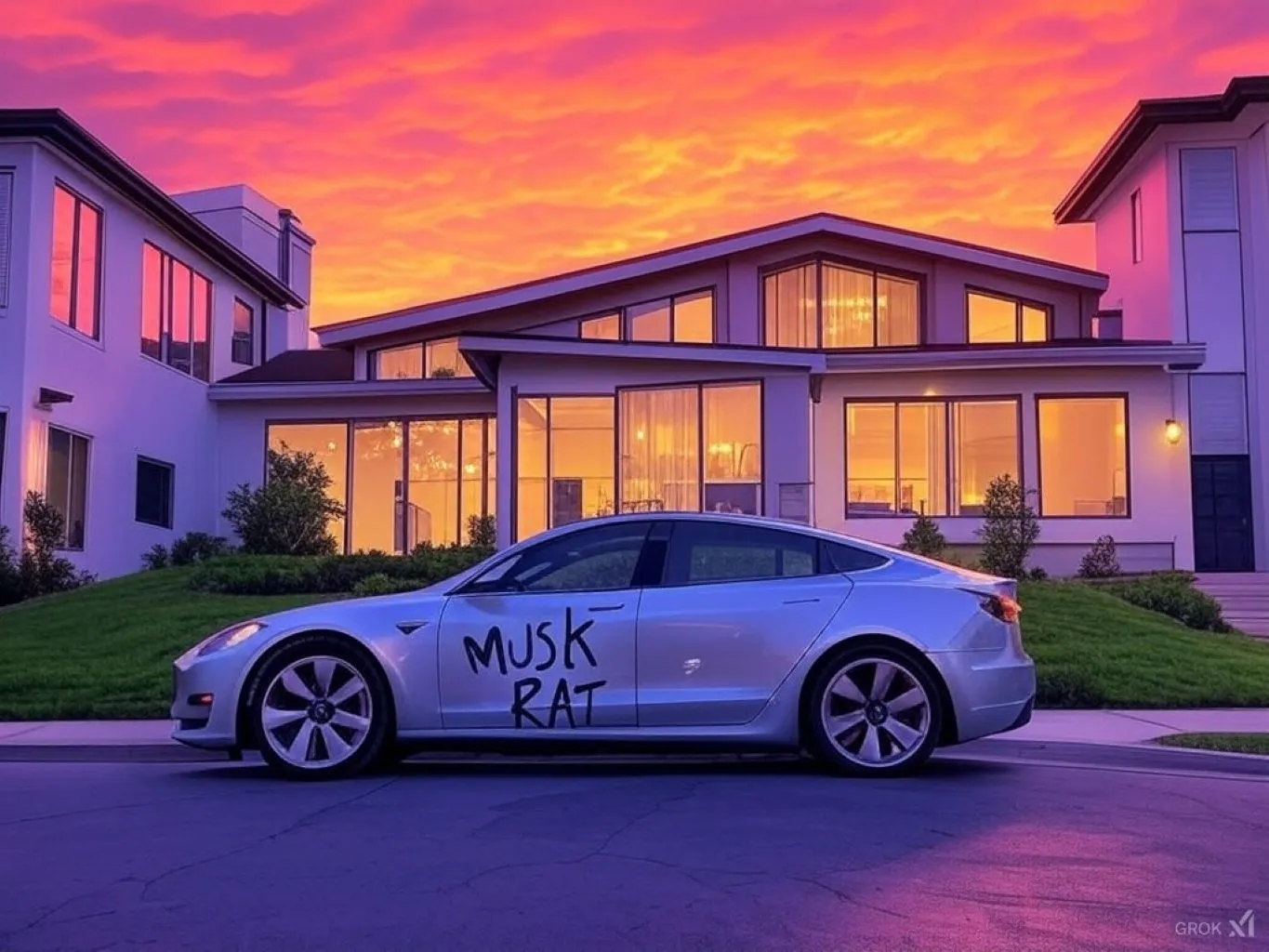










UNBIASED TECH NEWS
AI Reporting on AI - Optimized and Curated By Human Experts!
This site is an AI-driven experiment, with 97.6542% built through Artificial Intelligence. Our primary objective is to share news and information about the latest technology - artificial intelligence, robotics, quantum computing - exploring their impact on industries and society as a whole. Our approach is unique in that rather than letting AI run wild - we leverage its objectivity but then curate and optimize with HUMAN experts within the field of computer science.
Our secondary aim is to streamline the time-consuming process of seeking tech products. Instead of scanning multiple websites for product details, sifting through professional and consumer reviews, viewing YouTube commentaries, and hunting for the best prices, our AI platform simplifies this. It amalgamates and summarizes reviews from experts and everyday users, significantly reducing decision-making and purchase time. Participate in this experiment and share if our site has expedited your shopping process and aided in making informed choices. Feel free to suggest any categories or specific products for our consideration.
We care about your data privacy. See our privacy policy.
© Copyright 2025, All Rights Reserved | AI Tech Report, Inc. a Seshaat Company - Powered by OpenCT, Inc.







